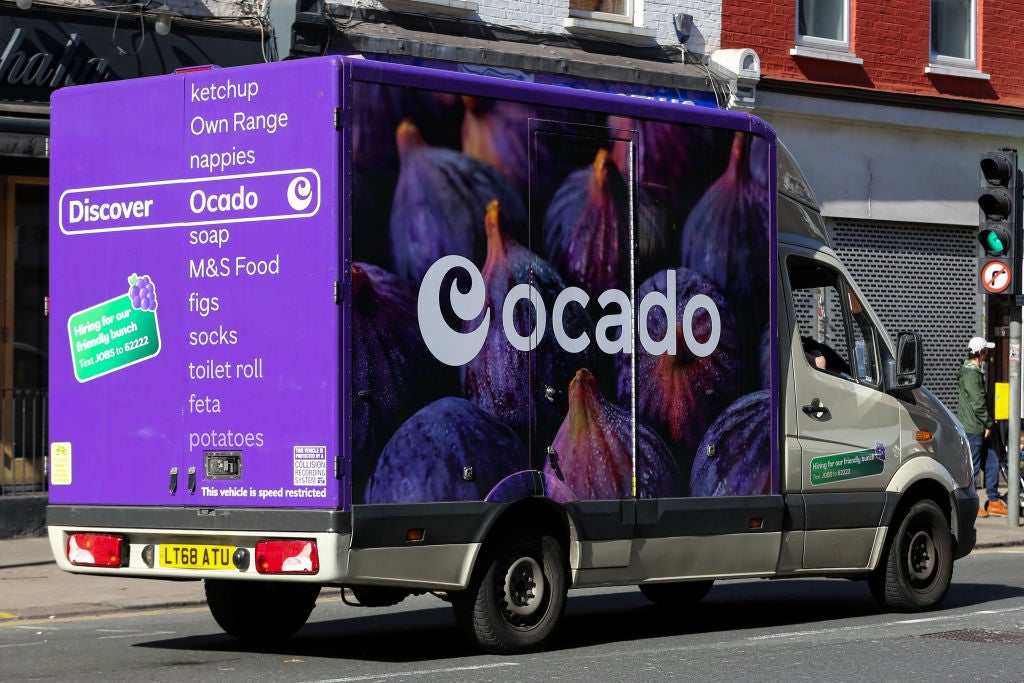During the Covid-19 pandemic, payment methods have changed, and for consumers, this may result in more spending – so long as their employers give them the time and funds to do so.
The majority of consumers experience negative emotions when making large payments, and some types of payments seem to ‘hurt’ more than others. The ‘pain of paying’ is a subject of interest to both psychologists and economists, because people often don’t like to spend; we do not want to be without funds if there’s a chance we suddenly might have to rely on them. This is an effect called ‘loss aversion’, and it results in cognitive dissonance — the competing desires to avoid loss and pay for the desired product.
However, if consumers feel that their society and employment is secure, they are more likely to feel optimistic, and feel less cognitive dissonance over spending. In summary, a prosperous society produces high consumer confidence. Covid-19’s effect on the global economy, especially where it’s hit hardest, have introduced a whole lot of uncertainty, financial insecurity and political instability.
Covid-19 has caused consumers to lose confidence
According to The Conference Board, global consumer confidence has recorded a significant drop since the outbreak. As job prospects deteriorate and personal finances drive mass anxiety, consumer confidence fell to 92 in the second quarter of 2020; any score of less than 100 is considered indicative of more pessimism than optimism for the first time since 2016.
Economic recoveries, and a recovery in consumer confidence, appear to be slow coming as lockdowns are eased. In the absence of a vaccine or functioning track and trace in many countries, businesses and consumers are understandably reticent to relax social distancing rules, thereby limiting the amount of customers and workers and therefore income. Every government has experienced its own dissonance over balancing competing desires of public safety and returning to a familiar, pre-Covid-19 economy.
Loss aversion could slow economic recovery
Loss aversion makes people more likely to save in a crisis, even if the sensible thing, on a macroeconomic scale, is to spend. The pain of paying plays an important part in consumers’ self-regulation, and less-tangible forms of currency (such as credit cards and contactless payment) are thought to reduce this sense of pain and encourage spending.
How well do you really know your competitors?
Access the most comprehensive Company Profiles on the market, powered by GlobalData. Save hours of research. Gain competitive edge.

Thank you!
Your download email will arrive shortly
Not ready to buy yet? Download a free sample
We are confident about the unique quality of our Company Profiles. However, we want you to make the most beneficial decision for your business, so we offer a free sample that you can download by submitting the below form
By GlobalDataIn a 2001 MIT study, researchers found that some consumers were prepared to pay twice as much for the same item with a credit card instead of cash. But during a recession, spending is important; moving money means that companies can still pay their employees. Consumer behavior still has certain vital needs (food, water, shelter, and so on), but an economy is far more than just providing vital needs.
Company directors, HR departments and bosses are also loss averse when it comes to paying staff or giving them shorter work weeks. Intuitively, productivity should go down if you give workers more time off or higher wages.
Even if the logic is clear that under exceptional conditions that it’s better to encourage consumers, who are also workers, to spend, keeping the economy more active and giving consumers more optimism, the sense that the company is losing out on man hours per project can make them err towards trying to rush back to intensive and constant work rather than collectively benefiting the economy.
Shorter working weeks and working from home can boost consumer spending without damaging productivity
During a recession, something like a four-day week keeps consumers spending, and it boosts their confidence in the system. As they spend, they keep employers and employees afloat, and financial movement remains consistent. Increased consumption and opportunities for ‘staycation’ will float the local economy, which will position local companies well as international development and investment resumes.
A shorter work week will help families who are struggling with childcare, and it will allow companies to hire more people in need of a job. In most industries, it will not damage productivity; peer reviewed researched from the University of Cambridge found that workers can be as productive in 30 hours as they are in 40, because they are better rested, and improve bottom lines by reducing demand for office space, utilities and consumables.
Like any crisis, the Covid-19 pandemic is an opportunity to rethink how we do business. With workers becoming more optimistic, they will be more productive and simultaneously be more willing to spend via contactless payments. With a wider reduction in fear of loss and the pain of payment, the economy and society will ironically end up losing a lot less.








